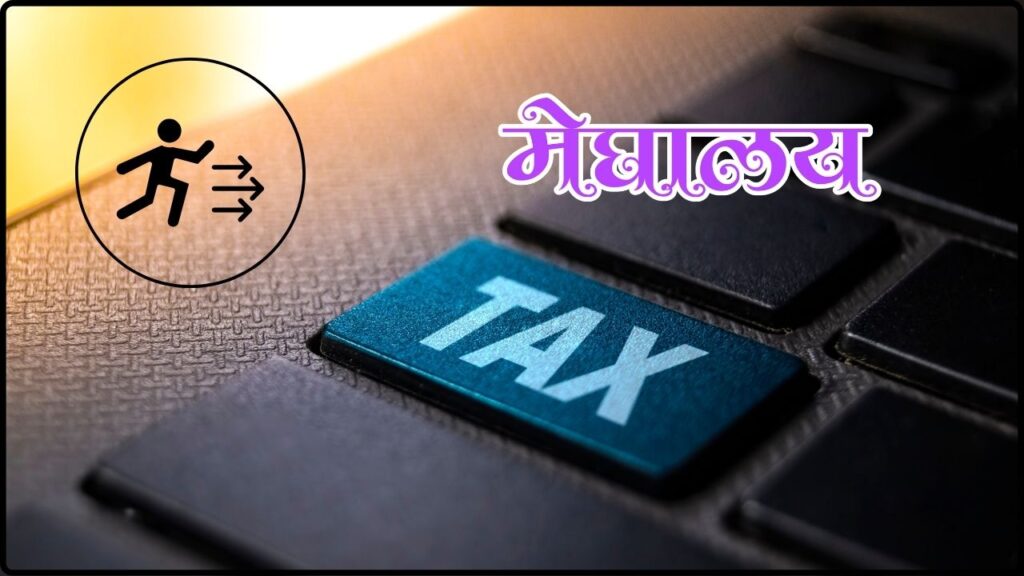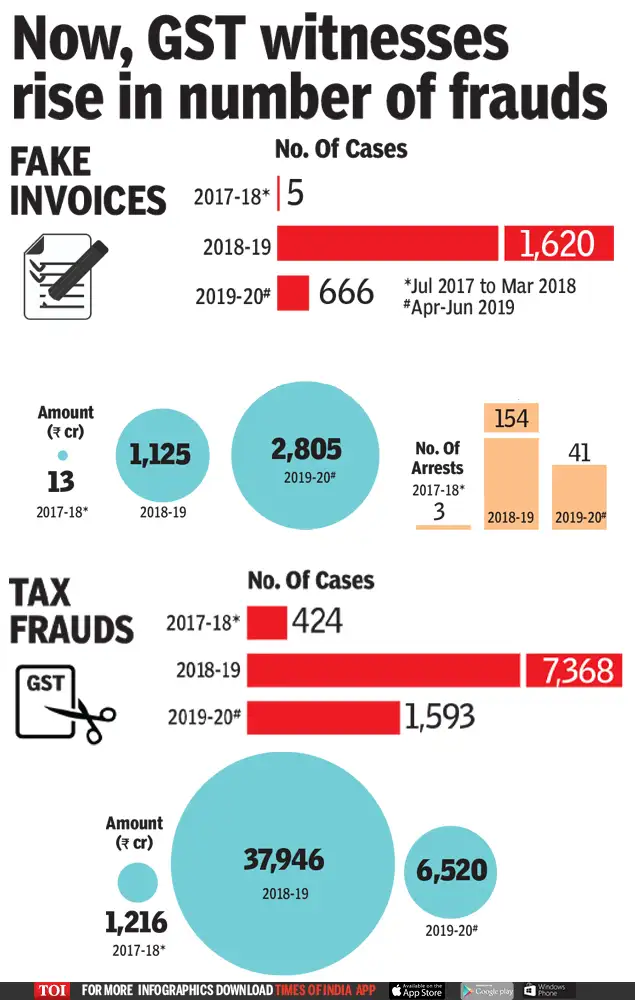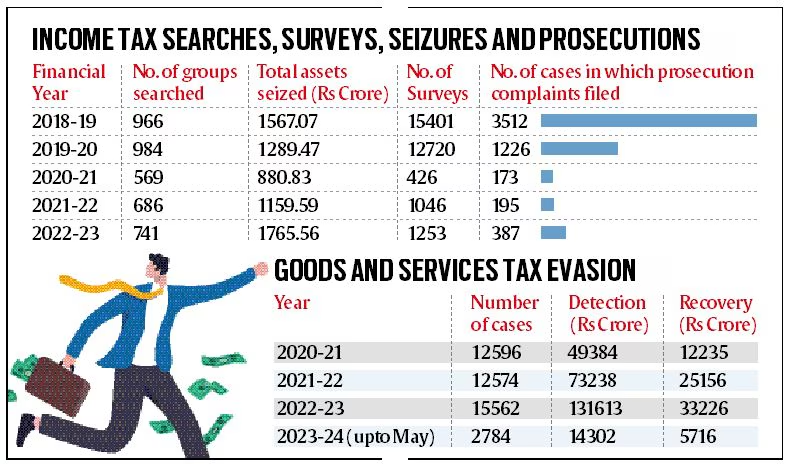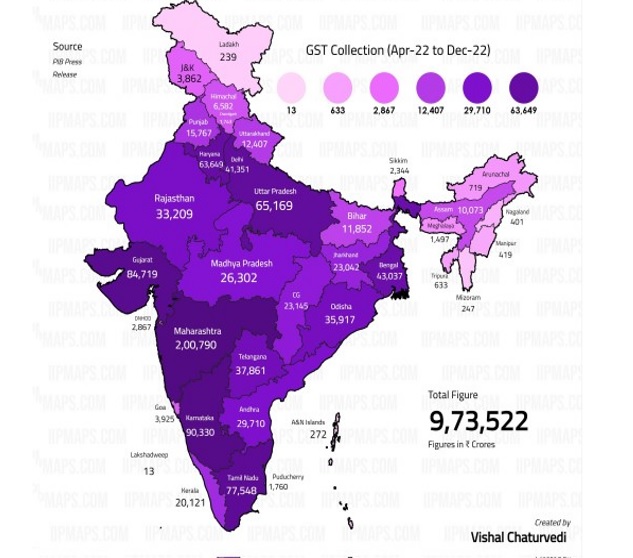
Rs 200 Crore Tax Evasion Case: When news broke about the Rs 200 Crore Tax Evasion Case in Meghalaya, it shocked both policymakers and ordinary citizens. The Directorate General of GST Intelligence (DGGI) arrested the owner of a coke plant in August 2025 for allegedly operating one of the region’s largest fake invoice rackets. At first glance, the case might sound like just another corporate scandal. But if we look closer, this story reveals why tax fraud is such a serious issue, how it damages communities, and what businesses everywhere can learn.
Rs 200 Crore Tax Evasion Case
The Rs 200 Crore Tax Evasion Case in Meghalaya is more than a local scandal. It reflects the challenges of enforcing tax laws in a rapidly modernizing economy and the ripple effects such crimes have on workers, businesses, and entire communities. From Al Capone’s America to modern-day India, one truth holds: you can run from many things, but not from taxes. Businesses that remain honest and transparent not only avoid penalties but also earn long-term trust and stability.
| Point | Details |
|---|---|
| Case | Rs 200 Crore Tax Evasion |
| Who | Shiv Kumar Mittal, owner of GM Coke (Byrnihat, Meghalaya) |
| Arrested By | Directorate General of GST Intelligence (DGGI), Guwahati Zonal Unit |
| Location of Arrest | Tinsukia, Assam |
| Method | Fake invoices, dummy firms, GST evasion |
| Value of Fake Invoices | Estimated at over Rs 150 Crore |
| Context | Part of larger crackdown on Rs 500+ Crore fake invoice racket in Northeast India |
| Official Source | Directorate General of GST Intelligence |
The Arrest That Made Headlines
In August 2025, the DGGI arrested Shiv Kumar Mittal, owner of GM Coke, a major coke-producing company in Byrnihat, Meghalaya. Officials allege he evaded more than Rs 200 Crore in Goods and Services Tax (GST) by creating fake invoices and registering dummy firms. The arrest took place in Tinsukia, Assam, after weeks of investigation.
According to investigators, Mittal’s companies created paper invoices worth over Rs 150 Crore for business transactions that never actually happened. These invoices were used to claim fraudulent tax credits and avoid paying the actual GST owed.

Understanding Why This Matters
Some may think tax evasion is a “victimless crime,” but the truth is far from it. Every rupee stolen through fraud is money taken away from schools, hospitals, roads, and public safety programs.
In India, tax evasion is estimated to cost the economy between Rs 5–7 lakh crore annually, according to reports by the Finance Ministry. That’s about $60–80 billion each year—enough to finance universal healthcare or boost rural development programs.
For honest businesses, scams like this are even more frustrating. Companies that cheat the system can lower their prices and undercut legitimate competitors. Over time, that discourages fair entrepreneurship and creates a cycle of dishonesty.
A Pattern of Fraud: How the Rs 200 Crore Tax Evasion Case Worked
To understand this case, let’s break down the alleged scheme step by step:
Step 1: Creation of Dummy Firms
Several shell companies were set up in the names of people from economically weaker sections. Many of these individuals were unaware their names were being used.
Step 2: Generating Fake Invoices
These dummy firms issued bogus invoices to show purchases and sales of goods like coke and coal that never actually changed hands.
Step 3: Claiming False Input Tax Credits
The fake invoices allowed Mittal’s company to claim Input Tax Credits (ITC). ITC lets businesses reduce the taxes they owe by accounting for taxes already paid on inputs. In this case, the ITC was completely fraudulent.
Step 4: Evading Real Tax Liability
By hiding real sales and inflating fake ones, the company was able to dodge hundreds of crores in GST dues.
Step 5: Cross-Border Diversion
By spreading activity across multiple states like Meghalaya, Assam, and Arunachal Pradesh, the network made it harder for investigators to trace transactions.
This system of fraud isn’t new, but technology is making it easier for authorities to detect patterns and shut down scams faster than before.

Historical Context: India’s Long Battle with Tax Fraud
India has had its fair share of financial scandals. From the Harshad Mehta securities scam in the 1990s to the Sahara fraud and more recent GST invoice scams, the problem has persisted for decades.
Unlike older scams, however, GST-related fraud has become a major target for enforcement because the Goods and Services Tax system was designed to streamline revenue collection. When businesses cheat GST, it undermines the entire structure of India’s modern tax system.
Globally, India isn’t alone. According to the OECD (Organisation for Economic Co-operation and Development), tax evasion costs developing nations over $427 billion every year.
The Global Parallel: Lessons from the U.S.
This story might remind Americans of famous cases like Al Capone, who was brought down not for gangster crimes but for tax evasion. In the U.S., the IRS (Internal Revenue Service) aggressively investigates individuals and corporations suspected of cheating on taxes.
Modern American companies are subject to digital audits, whistleblower reports, and penalties that can run into millions of dollars. India is beginning to adopt similar tools through GSTN portals, AI-driven monitoring, and mandatory e-invoicing.
The lesson is simple: whether you’re in Chicago in the 1930s or Shillong in 2025, tax evasion always catches up eventually.
Impact on Local Communities
For people living in the Northeast, industries like coal and coke are vital. They provide jobs, income, and support for small local businesses. When a major company like GM Coke is caught in fraud, the effects ripple outward.
- Jobs at Risk – Workers may lose employment during shutdowns or investigations.
- Small Businesses Hurt – Honest suppliers and vendors lose contracts to fraudulent operators.
- Community Trust Erodes – Locals begin to mistrust big industries, especially when scams keep surfacing.
- Environmental Concerns – Illegally operated coke plants often bypass pollution norms, adding another layer of damage.
So, while scams may look like “rich people problems,” they deeply affect everyday citizens.

How Businesses Can Stay Clean?
If you’re a business owner—whether in the U.S. or India—there are clear steps to avoid falling into tax trouble.
Practical Compliance Checklist
- Register Your Business Properly – Ensure licenses and GST or tax IDs are valid and up to date.
- Maintain Transparent Books – Use software like QuickBooks or Tally to prevent errors.
- File Returns on Time – Timely filing builds credibility with tax authorities.
- Audit Internally – Schedule regular checks by external auditors.
- Educate Your Team – Employees should understand what counts as fraud.
- Consult Professionals – Chartered accountants and CPAs save money in the long run.
- Avoid Shortcuts – If a deal looks “too good to be true,” it probably is.
Expert Insights
Experts have warned that fake invoicing remains one of the toughest challenges under India’s GST framework. According to a statement from the Ministry of Finance, tax authorities have uncovered scams worth thousands of crores in just the last two years.
Globally, the IRS and agencies in Europe are already leveraging AI tools to flag suspicious transactions. India’s adoption of real-time e-invoicing and stricter compliance checks is expected to reduce fraud significantly.
The Future of Tax Enforcement
The road ahead looks tough for fraudsters. Here’s what we can expect:
- Artificial Intelligence Audits – AI will detect invoice mismatches instantly.
- Real-Time E-Invoicing – Already mandatory for large firms in India, soon to cover smaller ones.
- Cross-Border Data Sharing – State governments and even international agencies sharing info to spot fraud.
- Harsher Penalties – Jail time, property seizure, and permanent bans for offenders.
The trend is clear: global tax enforcement is only getting smarter and tougher.
Thane Man Arrested in Massive ₹47 Crore GST Credit Fraud Scheme
₹50 Crore GST Fraud Busted In Mumbai – Two Directors Arrested In Mega Scam
Fraud Worth Crores? Group Booked for Creating Fake GST Invoices to Con Govt










